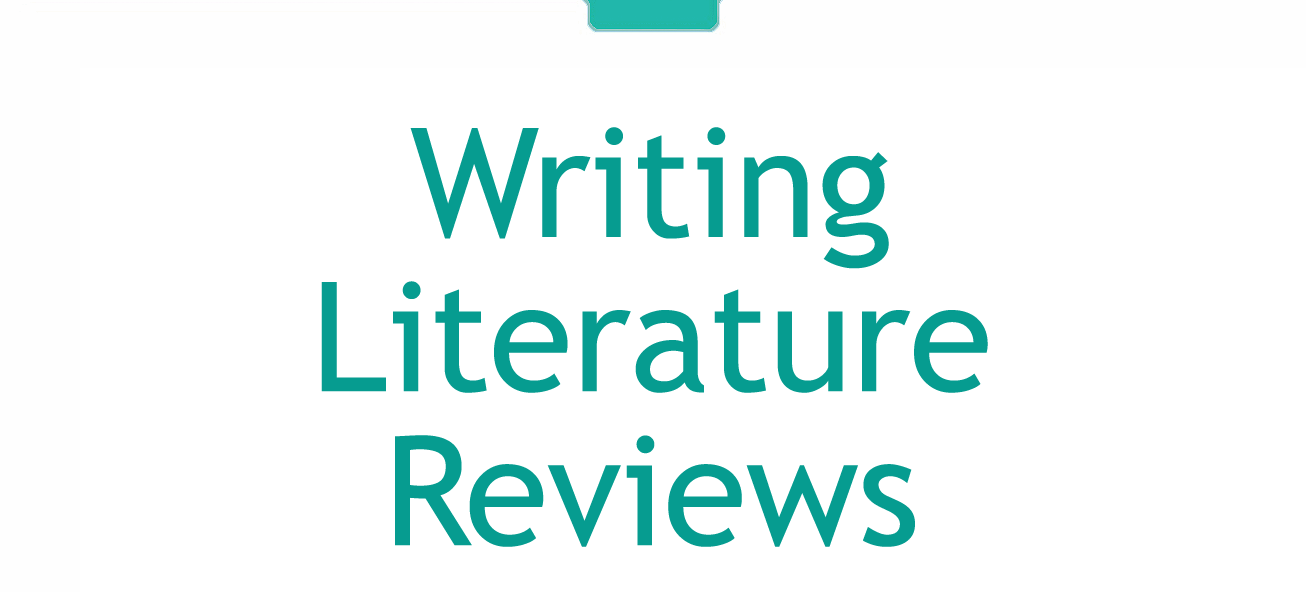Literature Review
CHAPTER TWO: LITERATURE REVIEW
Literature Review Process
Review of literature is the second stage in the thesis writing process. It is a critical appraisal of published literature by qualified and accredited scholars and researchers in the field of your study. When you cite certain researchers, you are saying that your research is related to their findings in certain aspects. The selected research papers should be current and they should strengthen your argument about your research topic. They should help to outline the objectives, goals and purpose of your research.
The literature review is not a merely summary of whatever articles you have read, nor is it a long bibliographic annotation. It is also not simply a list of studies that have been done and published on your research topic. You need to critically appraise related studies by scholars in the field to show whether they support your problem statement. You must have the skills to seek the necessary information in the literature to provide the theoretical framework and methodology for your study so that you create new knowledge when you publish your work (Dena, T., 2013).
How do you defend your claims? Once you establish a relationship between your claims and related findings and theories from the literature, you will have a theoretical framework to lend support to your investigation (J. L, Galvan,2017.) The word review consists of two parts, re and view. This means that you need to revisit existing work to find answers, to view new knowledge or the latest findings related to the topic. Literature search is considered a secondary source of information and lacks experimental value.
A good literature search must reflect scholarly evaluation of findings by other scholars who have investigated areas related to your topic and research problem. According to Dr. Neelima Mehta, “a review of the literature is a written summary of journal articles, books and other documents that describes the past and current state of information, organizes the literature into topics and documents a need for a proposed study.” (Neelima, M., 2014).
“A literature review is an objective, critical summary of published research literature relevant to a topic under consideration for research. Its purpose is to create familiarity with current thinking and research on a topic, and may justify future research into a previously overlooked or understudied area” (Thompson Rivers University- © Pamela Fry).
According to the Merriam Webster Dictionary, literature refers to literary work of a scholarly nature. Conducting a literature review helps you to clarify the theoretical and conceptual issues that are related to your work so that you can formulate your research design correctly.
Apart from that, literature review gives you an opportunity to persuade your readers that your research topic is worthy of further investigation. Moreover, a good literature review strengthens your claims and gives you the chance to create new knowledge in support of other researchers, or even to disprove some of their findings
According Creswell (2005), the following are some important techniques of doing literature search:
-
Categorize the keywords of your topic and search in scholarly databases online. Start with general keywords and slowly narrow down your search. Identify main concepts and theories that are relevant to your research problem and hypotheses.
-
Identify your research purpose, objectives, nature of your study, type of problem and research questions so that you can concentrate on relevant studies.
-
Utilize academic libraries, electronic sources, primary and secondary sources. Focus mainly on primary sources (original work, first-hand account of events and literature, including diaries, creative works, letters, newspaper articles, reports, photographs, financial records, memos, etc.).
-
When you select literature to review, make sure you review it critically. Consider every angle of an issue. Pay attention to who argues for or against your claims. Look for strengths, weaknesses and limitations of their studies.
-
Your search should also include refereed academic journals, conference proceedings, theses and dissertations as such literatures usually contain current qualitative and quantitative research findings. When citing opinions, make it clear that they are opinions and not substantiated facts. Limit your citation of websites. Websites lack academic standing.
